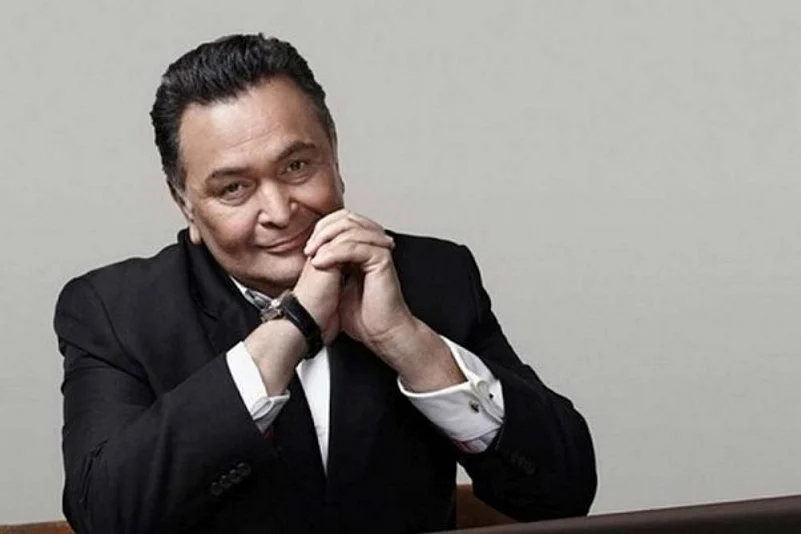Of course, I did not know Rishi Kapoor personally. I do not know what sort of a man he was ‘in real life’, as we say in Indian film-speak. I believe that only carefully curated information about the stars actually reaches us, the audience. At the most I can make an educated guess as to who he ‘really’ was.
So why do I cry when I hear that he has passed away; why, when I open YouTube to see him dancing with Neetu Singh, do I find it so unbearably sad that I have to stop watching? Why do we grieve the passing of people we have not known personally? I will never again, I feel, be able to watch Amar Akbar Anthony, or Chandni, or Saagar, without a feeling of grief.
Advertisement
It seems irrational, even to me; but the sadness is undeniable and so I feel I must analyse it to understand my own response to his death.
The question is: what am I really crying about? To answer it, I must go back in time to that era when apart from Hindi films there was, quite literally, no other visual entertainment available. The only alternative was Doordarshan – not much of an alternative to anyone who remembers the old programming. But its Sunday film and weekly Chhayageet were a matter of grave importance in our house, and the only access to Hindi cinema outside the theatre.
Advertisement
In the midst of this barren visual landscape was the flamboyance of the old-style 1000-seater cinemas, with the thrill of watching a film on a gigantic screen amid cheers, claps, roars of laughter and piercing whistles. A cinema theatre like that was, you could say, our country in microcosm, right from the front benchers, to those sitting in the dress circle, to those who had bought their tickets in black. Together, we jointly experienced the entire gamut of emotions that the films of the 70s, 80s and early 90s routinely and skilfully wrung out of us. In every such theatre unfolded a sort of national catharsis. It was a joint worship of the stars of the kind that I haven’t experienced in quite the same way in a multiplex.
So much for the magic of the old-style cinema theatres. What about the stars themselves? Their stature was inextricably linked to the lack of other entertainment options: and so they loomed large and magnificent in my imagination. It makes me wonder whether those stars had a hold on the collective imagination that later stars would not be able to live up to in quite the same way. Perhaps every big star upto the mid- 90s, whether it was Amitabh Bachchan, Shashi Kapoor, Vinod Khanna, Jeetendra or Shah Rukh Khan, had this advantage, of being able to connect to a collective, beating heart that has now splintered across dozens of streaming platforms. The role of those stars in our lives was essentially a construct of the unique media context of the time.
The third and final piece of the puzzle is an easy one: that when Rishi Kapoor was romancing his way across the screen, I was young and easily influenced and able to fall in love with stars without giving it too much thought. He, along with all those stars of the 80s and 90s, is an inextricable part of a younger me. With Rishi Kapoor go the remnants of the sense of invincibility one felt as a young person; his death is a reminder that the songs and the love stories and the theatres of my younger days are a thing of the past. Is it any surprise, then, that there are tears, and the sense of an ending?
Advertisement
When I cry for a lost star I am crying, in the end, about youth, about mortality.
(Tejaswini Apte-Rahm is the author of These Circuses That Sweep Through the Landscape)




















